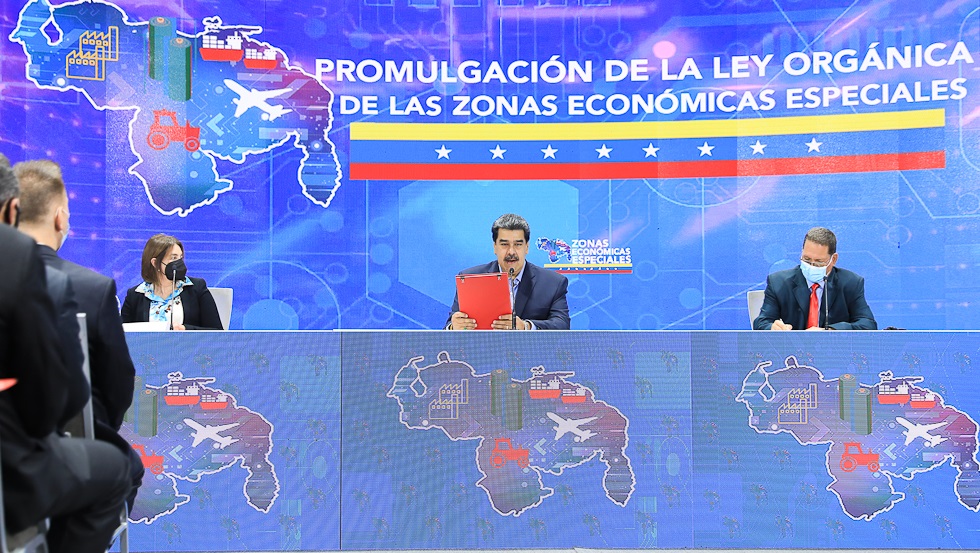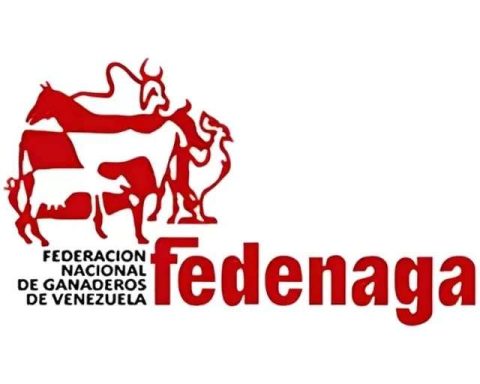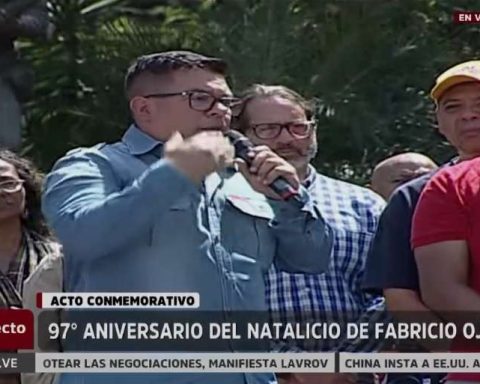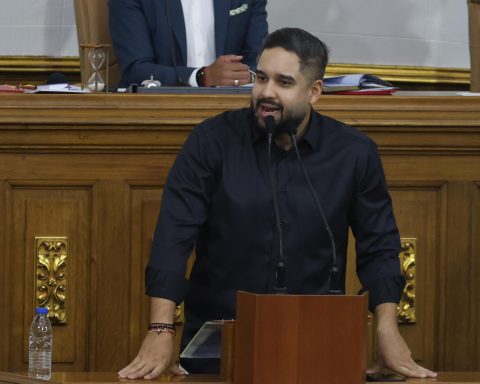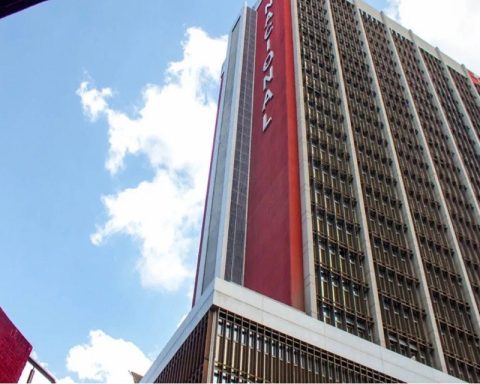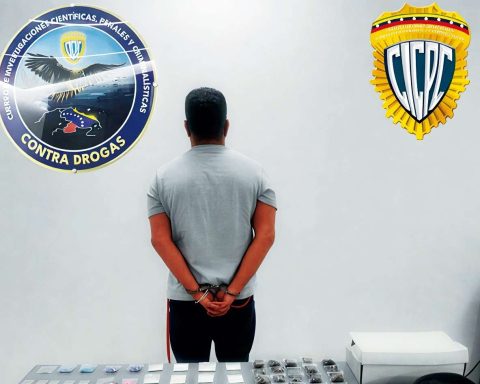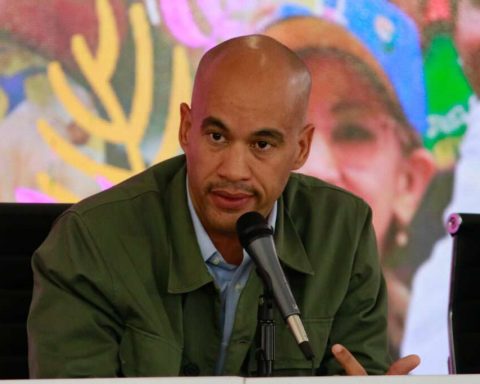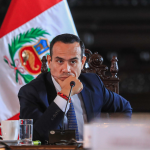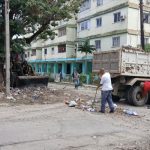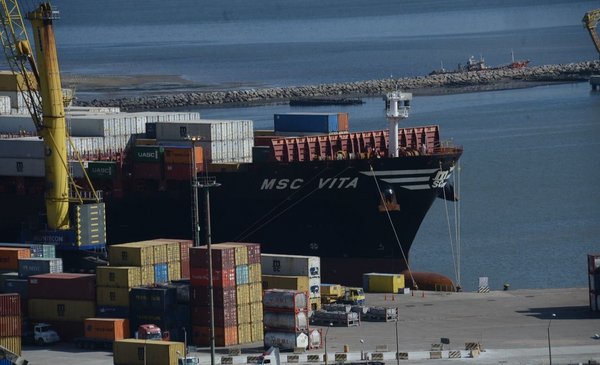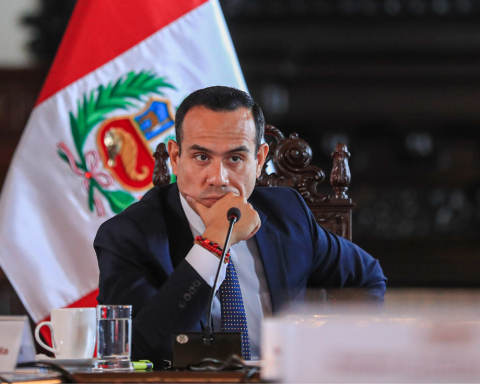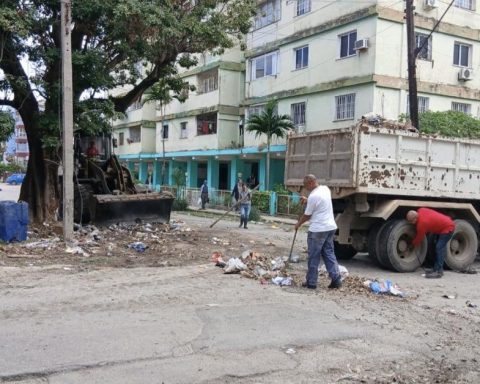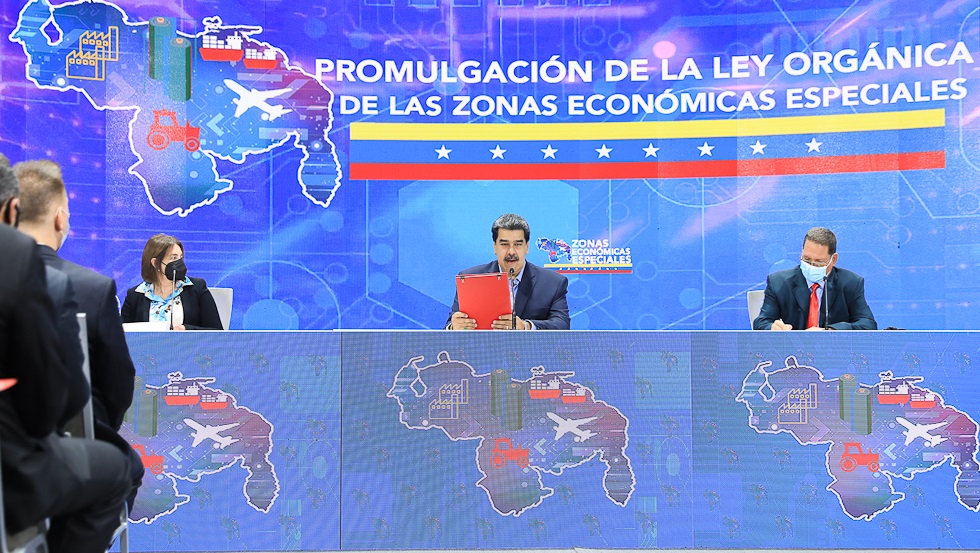
Recent announcements by the Nicolás Maduro regime could be interpreted as part of a gradual process of economic opening. Little to do with the crazy decisions taken with the excuse of building a “21st century socialism”. Although insufficient, it would begin to deprive a greater rationality in the conduct of the economy: Venezuela would “normalize”. One of these announcements is the Organic Law of Special Economic Zones. It is proposed to attract productive investments, both national and foreign, in certain areas of the national geography. It is a short law compared to other legal norms of chavomadurismo, of just 32 articles. But this is not why it is a simple and transparent regulation, imbued with a pragmatic spirit, as it should be to encourage investment.
Its articles are not designed to favor investment through the release of prevailing conditions. Rather, it seeks to control it with a set of conditions, albeit accompanied by specific incentives. At the beginning (article 3) it exhibits a long list of guiding principles, as if the law sought to summarize the essence of a country-project that it really wanted to promote. Except for those that are a simple salute to the flag, fidelity to these principles – “economic sovereignty, legal certainty, … economic and environmental balance, fiscal sustainability and external income, … efficiency, productivity, … simplification of administrative procedures, co-responsibility , honesty, transparency and solidarity”- presupposes the existence of an institutional framework long ago destroyed. Is it possible to trust, in today’s “revolutionary” Venezuela, that they will be respected? Additionally, an ambitious compendium of objectives projects the law as the alpha and omega of national development.
Article 4 provides the definitions that delimit the different aspects or procedures of the investment to be promoted in order to facilitate its control by state authorities. In the first place, the creation and abolition of special economic zones (SEZ) is the exclusive responsibility of the President of the Republic. The conditions for this would be taken into consideration, fundamentally of a geographical nature or in relation to natural resources, but “industrial and productive structures” (sic) and the potential existence of “economic infrastructure and services for productive development” are also mentioned. (article 8). Hence, the law refers to the procedural aspects – the instances of public power through which it must pass – for the creation of these SEZs. A superintendence is established for its “control and administration” (article 16). Among its attributions is the elaboration of the projects to be developed in each ZEE according to their respective plans; coordination with an International Center for Productive Investment (see below) to evaluate these projects; its presentation to different instances of the public administration for its consideration; provide advice and some support services (single window); terminate the economic activity agreement if it is breached; present the corresponding reports; and “contribute to the formation of grassroots organizations of popular power, through programs that are designed for that purpose” (?). In addition, in each ZEE the President of the Republic appoints a single authority, in charge of executing the policy guidelines, plans and projects indicated in the decree that creates it. Respond to it to the Superintendence.
The attraction of potential investors rests on a recently created International Productive Investment Center (CIIP). Despite the fact that the country already had, since the second CAP government, an institution of this nature that efficiently fulfilled this function -the National Investment Promotion Council-, the Chavo-Madurismo did not resist the temptation to create a parallel body to subordinate it to his designs. In fact, the constitution of the CIIP falls within the framework of the “Anti-Blockade Law”. In its time, Conapri had a highly qualified team of officials, up-to-date information systems and fruitful relationships with national and foreign entities to fulfill its goals. I wish the same could be said of CIIP. From its website, what it does appear to have is a luxurious office building in El Rosal.
Finally, the law establishes as investment incentives, the refund of customs taxes (Drawback) and the possibility of also refunding VAT and other taxes, subject to the decree creating the respective SEZ. In both cases, there will be a maximum limit, according to the criteria of the corresponding ministry of economy. Exports from a SEZ may enjoy a Temporary Admission regime for Inward Processing, which suspends the payment of import taxes on inputs to be incorporated into products to be exported. Reference is made to a single window in each SEZ to speed up processing, to free convertibility, to educational incentives – presumably to promote training and research – and to the sponsorship of multimodal transport systems to be installed, if the development of the SEZ so it deserves. Banks and financial institutions may have an exceptional and preferential tax regime, in accordance with the regulations issued by the ministry with competence in matters of economy, finance and foreign trade. To enjoy these incentives, the investor must sign an Economic Activity Agreement with the Superintendence.
In short, the decision to invest in a SEZ does not depend only on an adequate evaluation of the return-risk ratio, within the framework of a reliable institutional context, and predictable prices and costs. It is subject to a wide margin of discretion, given the range of procedures, instances, conditions, criteria and authorizations involved in its approval. In the case of incentives, instead of exempting taxes, it is obliged to pay them and trust that they will be repaid in a timely manner. In a serious economy, prevented from implementing measures to open investment for reasons beyond its control, but with a solvent State, endowed with efficient administrative instruments and capacities, and with a clear strategy on the goals to be pursued with ZEE, perhaps This multiplicity of procedures could be excused. This is not the case of Chavo-Madurista Venezuela. The history of corruption and decomposition of the management of the State that accompanied the institutional dismantling of the last twenty-odd years forces us to conclude: “Think wrong and you will be right”.
Far from being a tool to attract investment, so needed in a country with an economy in ruins, the ZEE law is more like an instrument to open business opportunities filtered according to the criteria of those who make the decisions. They would be spaces for the participation of “friendly” capitals seeking readjustment, subject to the required tolls, which would privilege the plugged-in and international partners. Environment of an international kleptocracy that extends its tentacles.
In the seventies and eighties of the last century, Taiwan implemented Export Processing Zones with incentives similar to those contemplated in the chavo-madurista law. It was enormously successful because it set out to attract high-tech investments -electronics- interested in taking advantage of the disciplined and cheap workforce of the island, within the framework of a technological development strategy of accelerated training of talent, so that local companies would replace the components brought from outside. Today Taiwan is the world’s largest supplier of chips. Mexico, without its strategic vision, benefited, however, from the maquila in border areas with the United States – its greatest comparative advantage – capturing investments from that country, with the offer of incentives and a framework of guarantees.
What is Venezuela’s strategy? In the selection of the first areas to be developed under this concept, the tourist potential of the national geography seems to be deprived. A promotional video circulating around in relation to La Tortuga Island, suggests the participation of international funds to build a tourist complex there, under the BOT modality (build, operate, transfer). It could be successful, although the ecological impact would have to be evaluated. But, if you want to promote large-scale investments, the president of Conindustria deserves to be heard: extend the guarantees and incentives promised in the SEZ law to the entire country. And, beware, the key word for it is trust.
